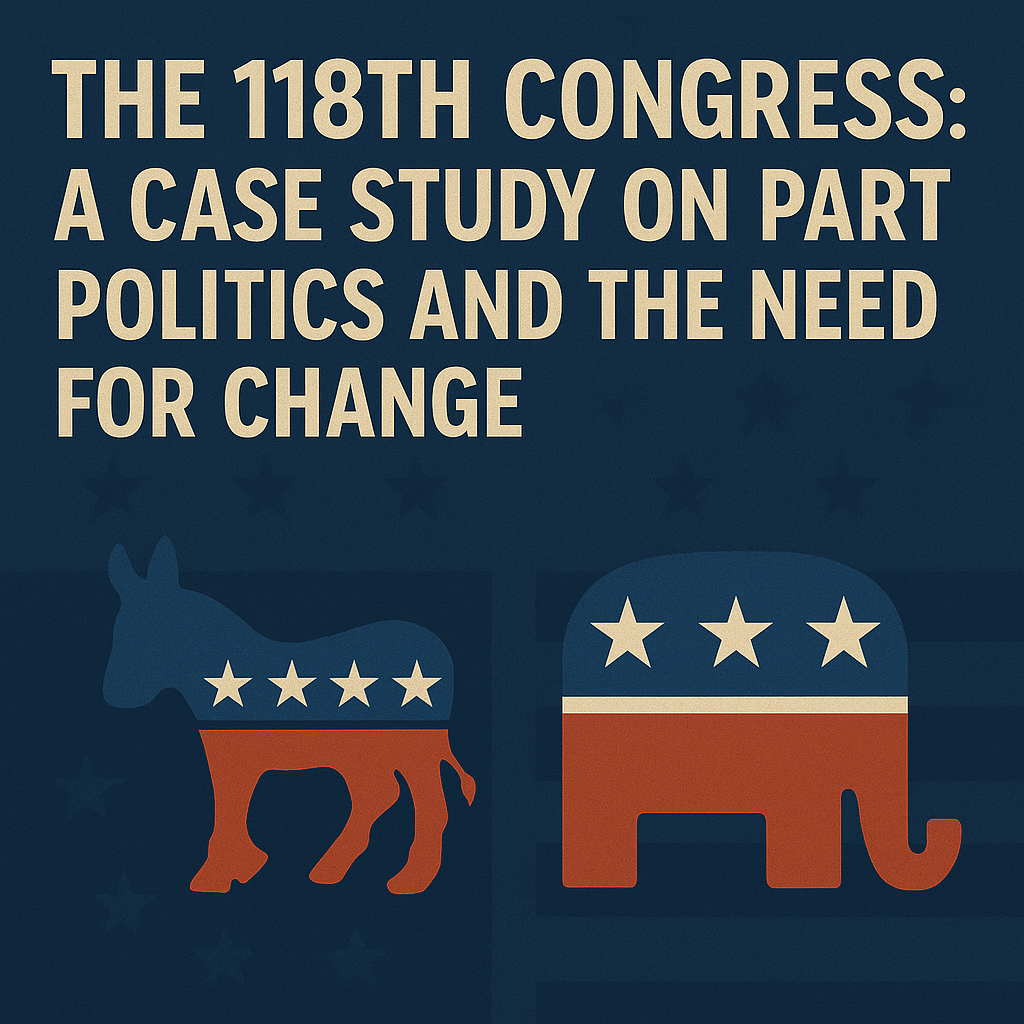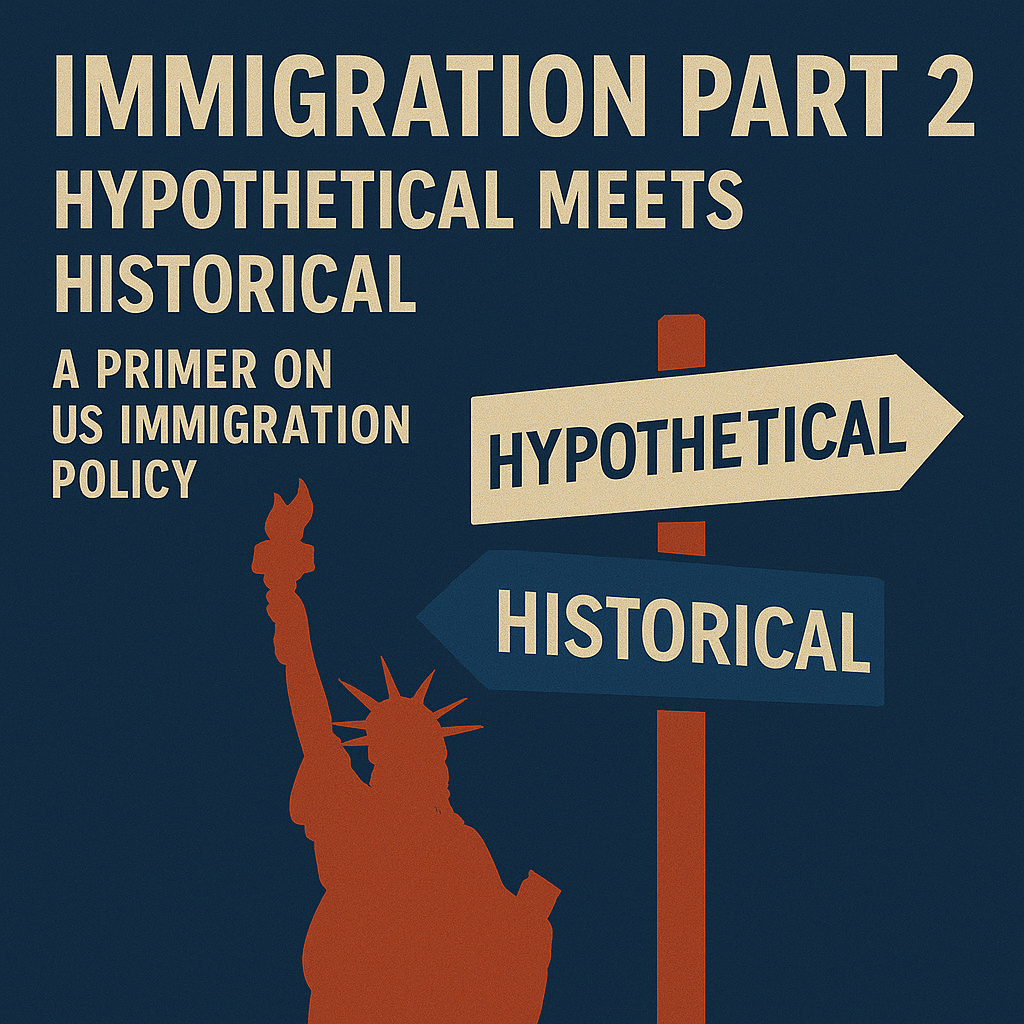
The 118th Congress: A Case Study on Party Politics and the Need for Change
TL/DR
The US House of Representatives experienced significant internal strife within the Republican party, leading to a prolonged battle to elect a Speaker and subsequent removal of Kevin McCarthy.
The two-party system is highlighted as a major contributor to political gridlock, with loyalty to party often overshadowing loyalty to the country, as evidenced by the inability of both parties to compromise.
The article argues for eliminating party affiliation in politics to foster more efficient governance and encourage elected officials to vote based on constituent needs rather than party directives.

Bridging the Political Divide: A Chance to Unify Congress
TL/DR
The increasing political polarization in the US, where party affiliation often trumps national unity, has led to governmental gridlock and a breakdown of compromise.
Both major parties have manipulated electoral processes and the resulting stalemate in Congress has forced other branches of government, like the presidency and the Supreme Court, to overstep their traditional roles.
A bipartisan coalition in Congress is needed, particularly, the Democratic party needs to reach across the aisle, to elect a Speaker who can represent all members and overcome the paralysis caused by extreme factions.

Trial and Error: The Story of United States Immigration Policy
TL/DR
Early U.S. immigration policy, marked by the Chinese Exclusion Act of 1882, transitioned from relatively open borders to restrictive, xenophobic laws.
Subsequent legislation like the National Origins Act of 1924 and the Immigration Act of 1965 shifted focus from broad exclusions to national quotas and prioritized skilled workers or those seeking political asylum.
Modern policy, established by the Immigration Act of 1990, moved towards a flexible worldwide cap with family, employment, and diversity visas, yet the ongoing debate still reflects historical themes of exclusion and national identity.

Birthright Citizenship and Immigration Policy: Exploring the Human Impact
TL/DR
The article explores the human impact of birthright citizenship and immigration policy in the US, using a narrative to highlight the emotional toll on families facing deportation.
It debunks the "anchor baby" myth, clarifying that birthright citizenship does not prevent undocumented parents from being deported and that US citizen children cannot easily sponsor their parents for green cards.
The piece also examines "jus sanguinis" as an alternative to birthright citizenship but raises critical questions about the practical and human consequences of such a policy change.

Hypothetical Meets Historical: A Primer on US Immigration Policy
TL/DR:
A hypothetical scenario of climate refugees in modern America parallels the historical struggles of Dust Bowl migrants, highlighting how fear and blame can lead to the rejection of fellow citizens in need.
Both the fictional "smokies" and the real "Okies" were scapegoated for economic and social problems, facing discrimination and violence when seeking refuge and a better life.
Understanding these historical parallels can foster empathy and guide a more compassionate approach to contemporary immigration debates, recognizing that many individuals on the move are simply seeking a better life.
